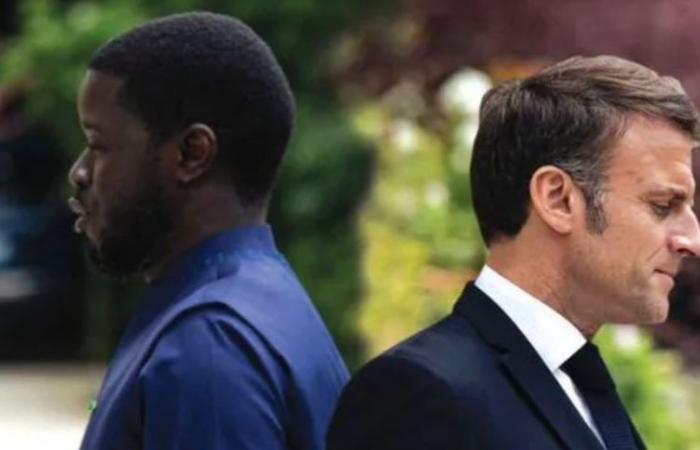Erase the traces of the colonial past to assert full and whole sovereignty: this is the CAP assumed by the Senegalese president Bassirou Diomaye Faye. In early April, the Head of State announced, via an official press release, the name change of boulevard Charles de Gaulle in Dakar, which will now carry that of Mamadou Dia, a major figure in independence.
This boulevard, the central place of the national holiday parade, leads to the giant obelisk symbolizing the liberation of the country. The decision, ratified during the celebration of April 4, is part of a broader desire to rename buildings, streets and monuments inherited from colonization, for the benefit of national or African heroes. Mamadou Dia (1910-2009), first head of government of independent Senegal, is considered a pillar of Senegalese sovereignist nationalism. He was imprisoned for life in 1963 after a break with Senghor, before being pardoned in 1974.
The Senegalese initiative found a particular echo in the French press, especially in the columns of Figaro, which relayed the information. If the article itself wants to be factual, the comments section, it has become a spiller of racist and condescending words towards Senegal and, more broadly, African peoples. The most worrying is not only the content of these comments, but the fact that they were published without visible moderation, which questions the responsibility of the newspaper in the propagation of hatred speeches.
Among the reactions noted, a certain Jlacan writes: “How these people hate us!” », Illustrating a logic of reverse victimization. Lou Clapas attacks frontally: “Resolutely unable to manage since their independence, all these African countries are an illustration of the carelessness of their corrupt leaders whose only way to enhance themselves with their half -illiterate populations is to rename a street or an avenue recalling colonization. »»
Others, like Darkface, tip over in an almost declared racism: “I suggest Russia or China!” About Senegalese migrants. Anonymous people go even further: “that they go back to prehistory”, “it would also be necessary to stop talking our language”, “this color is weird …”.
A comment even links this affair to the controversy around the player Idrissa Gana Gueye, accusing Senegal of defending a “homophobic” and conclusive religion: “We are right to distance the names of our illustrious deceased compatriots from this African country with retrograde mentalities”.
These words, which have not been filtered, testify to persistent hostility towards any desire for post-colonial reappropriation. They also show how some fringes of French public opinion still perceive Africa through a paternalistic, even racist prism, as soon as it affirms its sovereignty.






